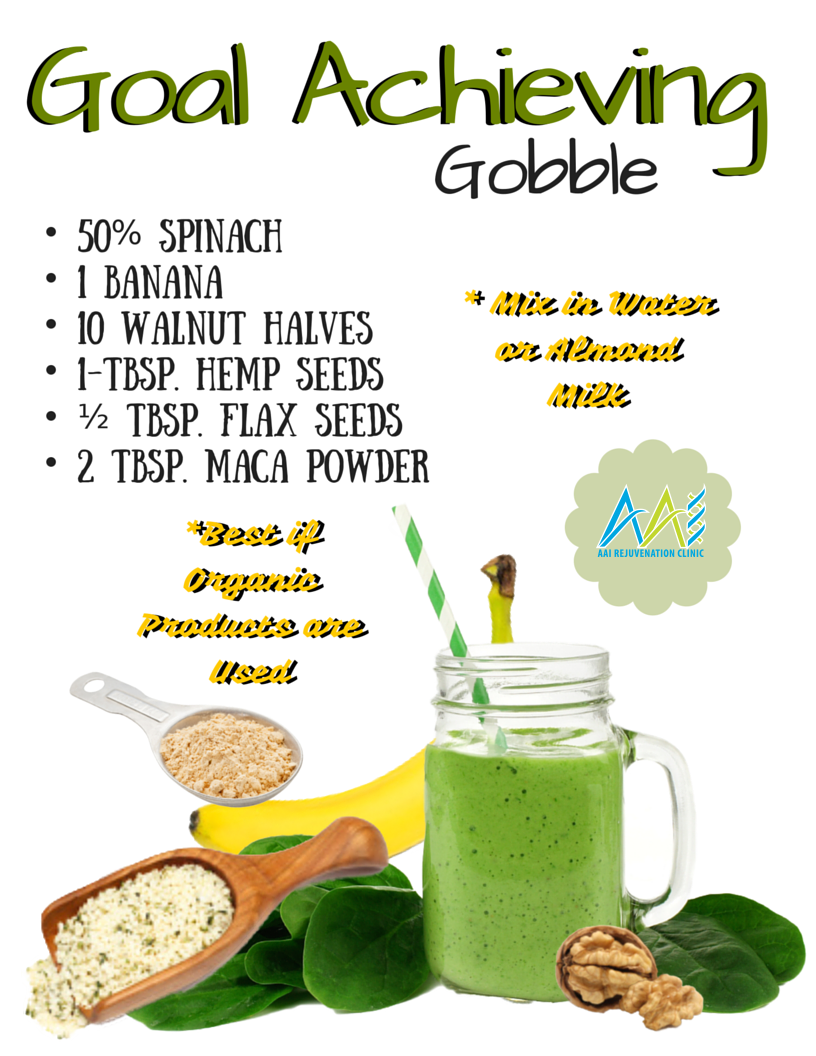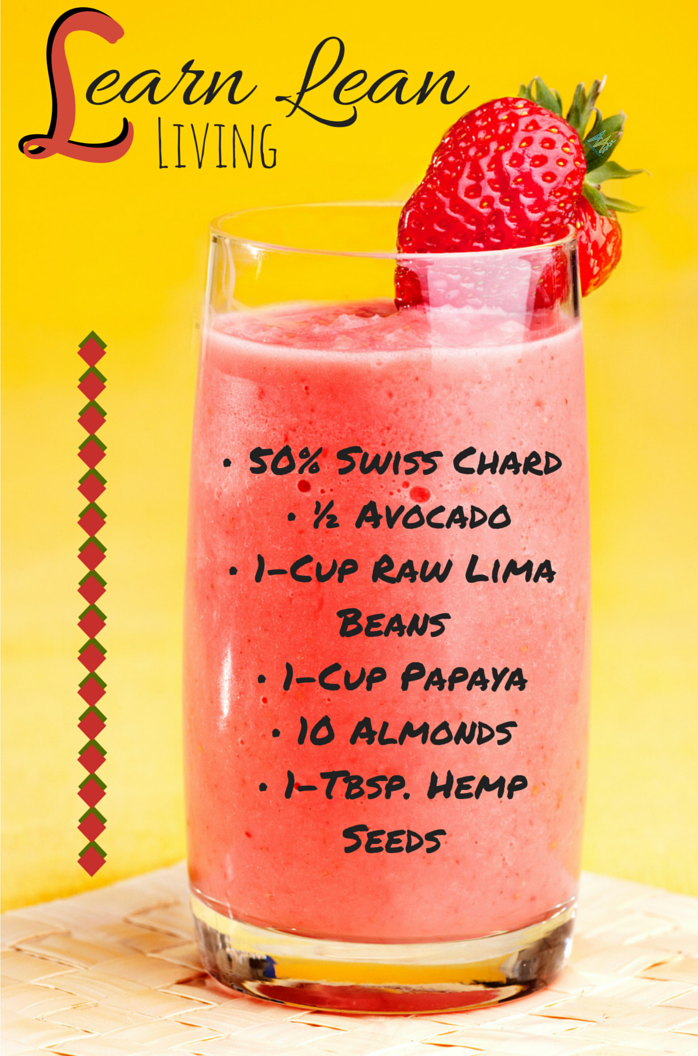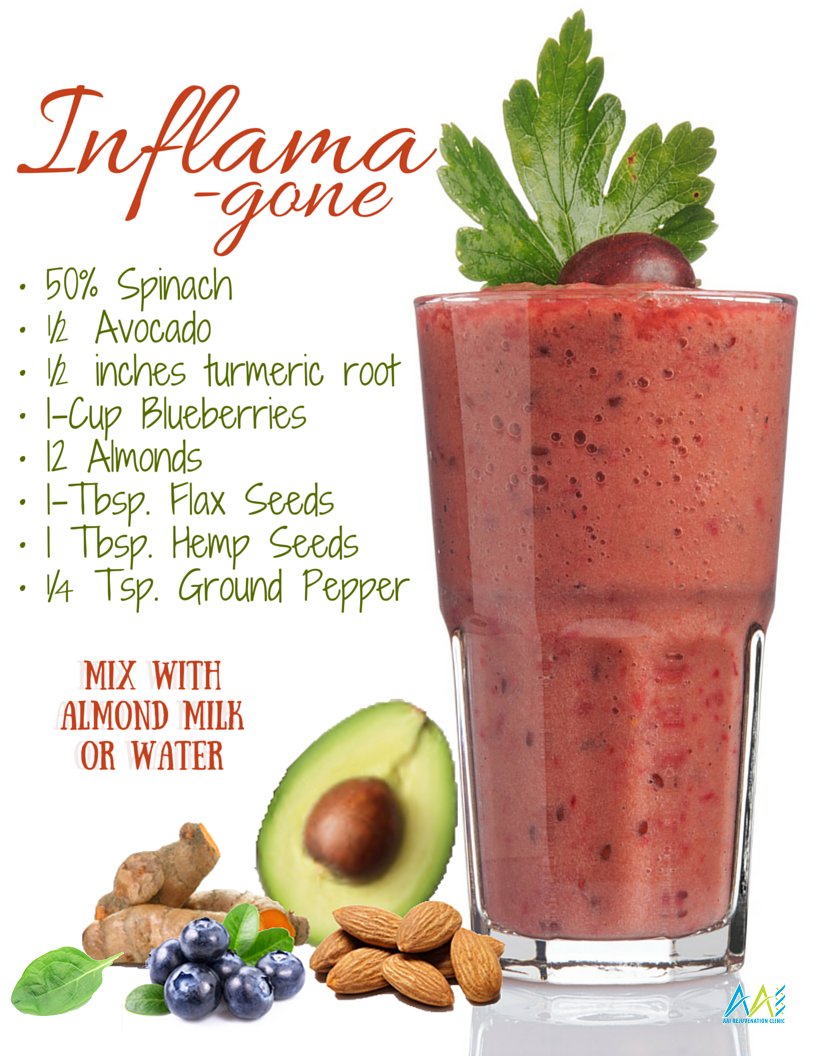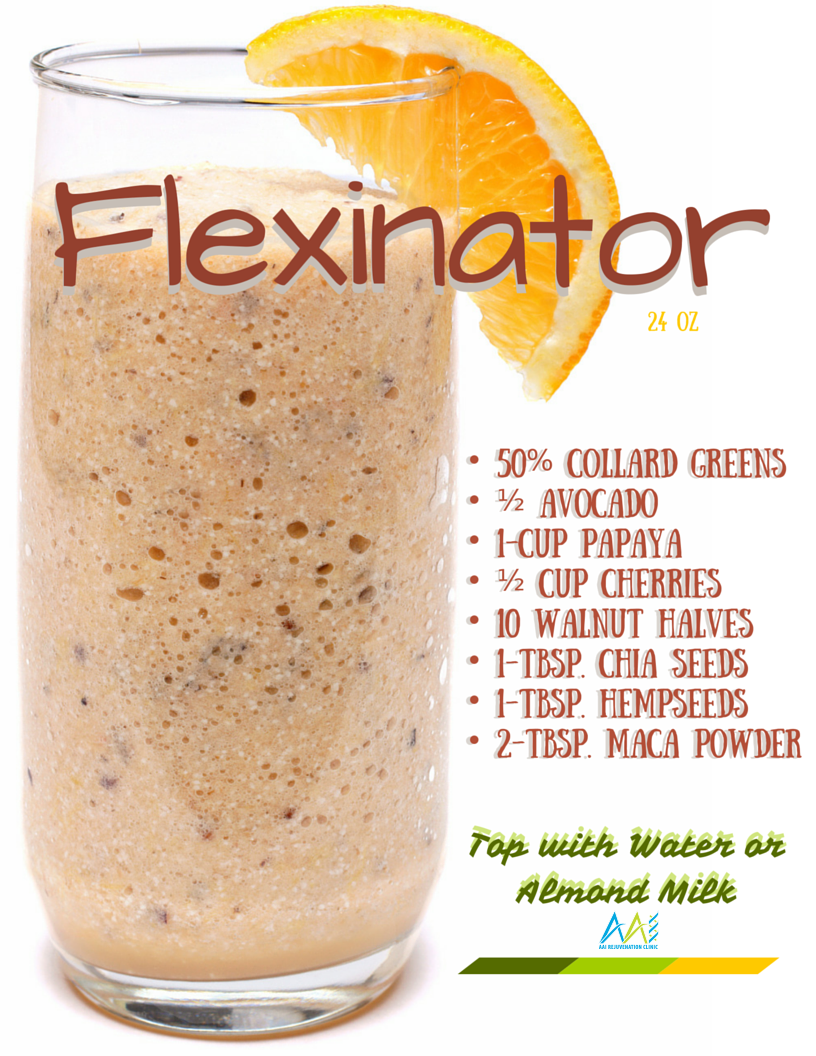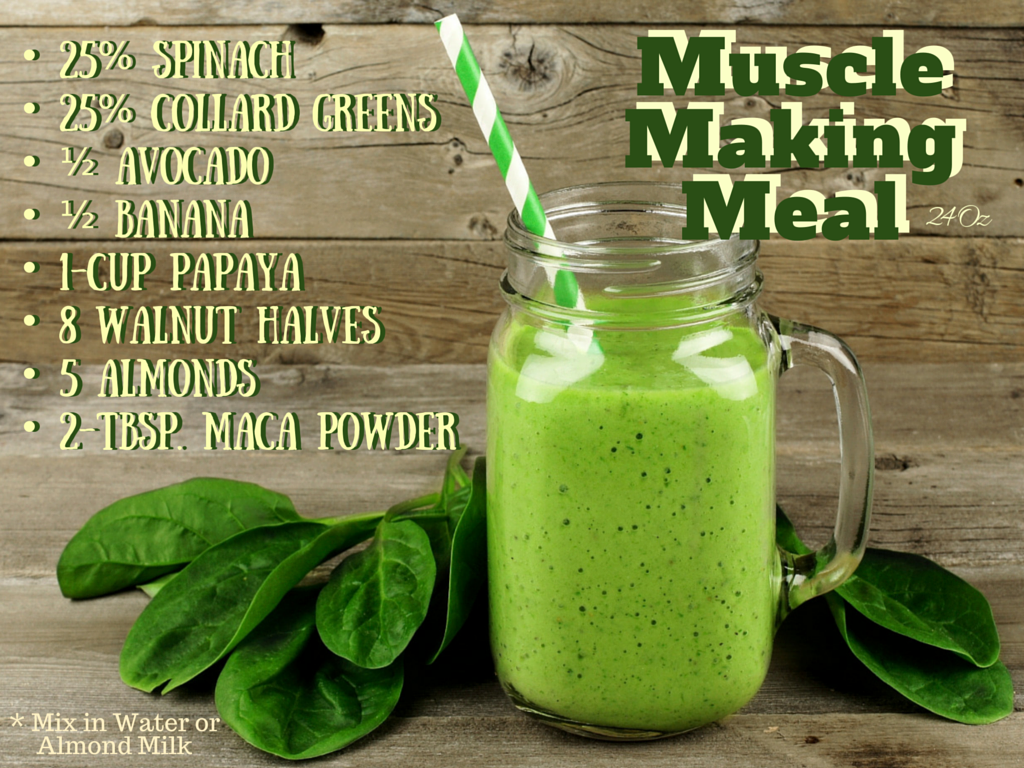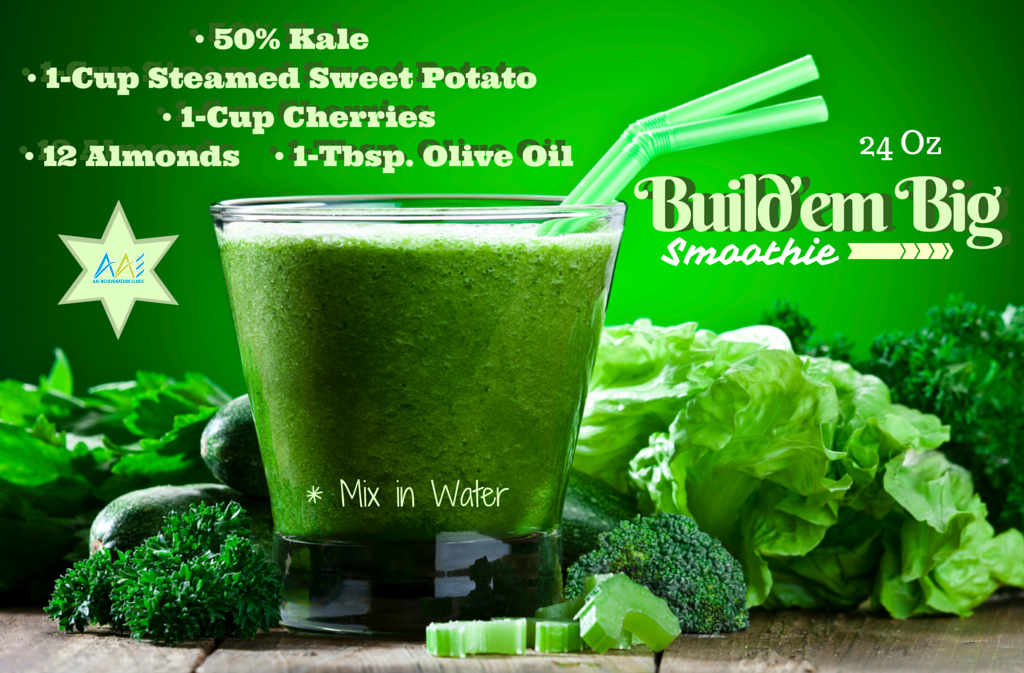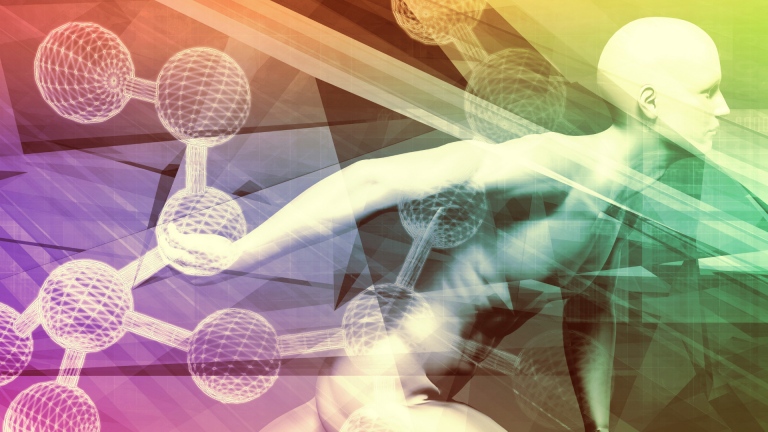Healthy Muscles for Life AAI Smoothie Healing
Healthy muscles are easier to obtain than you may believe. Let us briefly discuss the muscular system to understand its importance and functionality. See, what makes body movement and balance possible is the muscular system. It also generates heat in the body and allows the standing neutral spine position.
Moreover, it makes up the heart’s tissue, making it a muscle strong enough to pump blood through our entire body on a continual basis. You can understand the importance of maintaining healthy muscles from this paragraph alone. In this issue, we will discuss how we can do this.

Main Facets of the Muscular System
- The human body contains over 600 muscles.
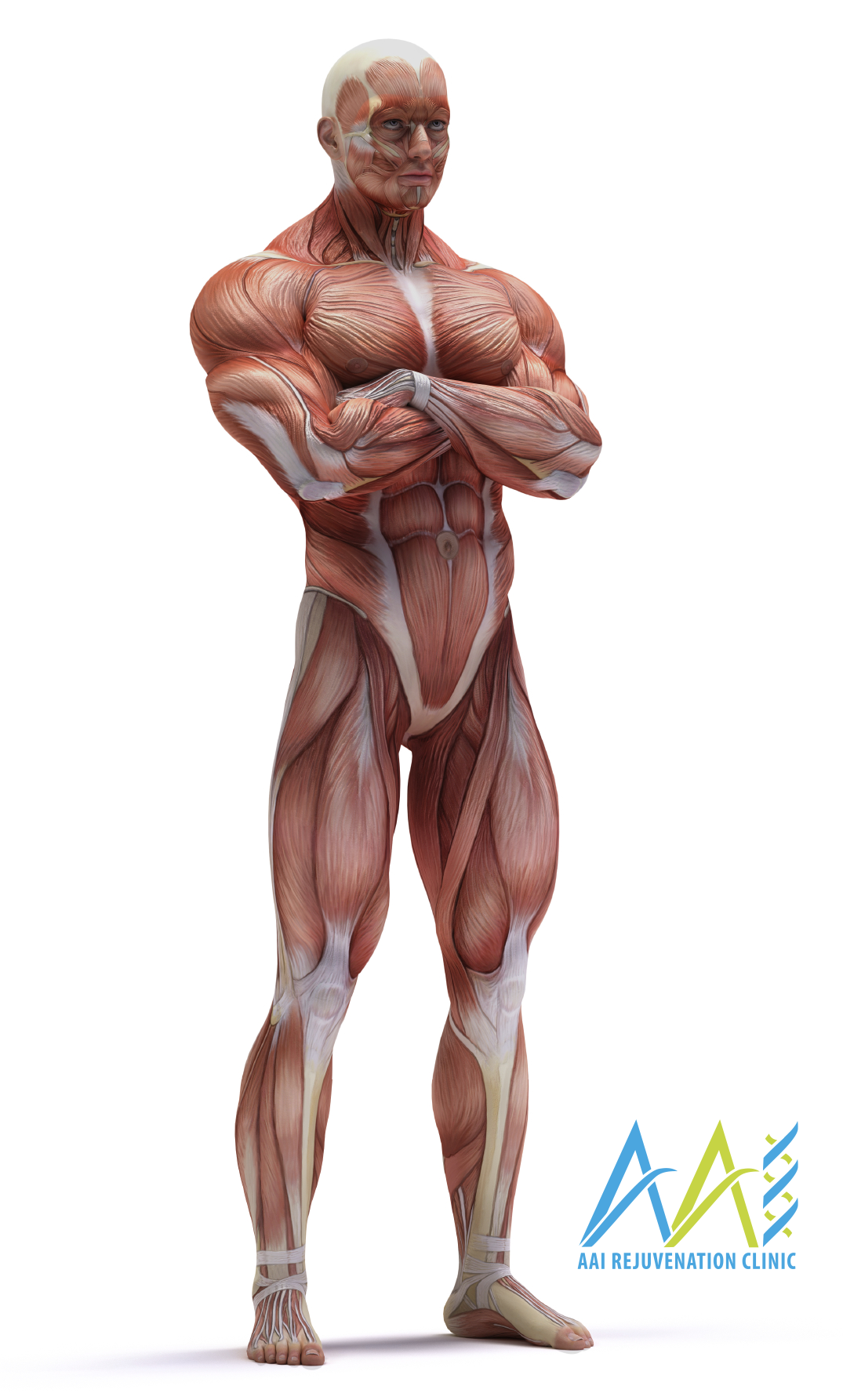
Skeletal Muscles – These are attached to bone by tissue fibers called tendons. These can be moved voluntarily and include our conscious movement.
Smooth Muscles – This muscle tissue lines the walls of many of our most important organs:
~ Urinary bladder
~ Small and large intestines
~ Kidneys
~ Blood and lymphatic vessels
~ Stomach
These organs function automatically due to involuntary contractions as the brain directs through the nervous system.
Risks & Conditions of the Muscular System
Skeletal muscles must be warmed up before strenuous use.
They are subject to the following conditions and injuries:
- Strains
- Fatigue
- Tears
Anyone that does any heavy lifting or stresses the muscular system in any way risks these injuries. Muscles that are overworked or strained can not spasm or cramp. A power that has been sprained has torn tendons or ligaments and will bruise and swell in the area where it was hurt. If we already have healthy muscles, we must take precautions to keep them that way. Warming up before any hard work or labor is a big factor in maintaining the well-being of your muscles. You can’t have a normal life unless you have healthy muscles.
- Skeletal muscles will cramp and slow down if they are dehydrated or diminished electrolytes.
- Testosterone levels also have a considerable amount to do with your muscle development.
- If your testosterone is low, it doesn’t matter what you eat or exercise. You will not be able to grow muscle or maintain healthy muscles. Testosterone and growth hormone injections are the main hormones involved in producing muscle fibers and muscle tissue.
Relative to smooth muscles, any problems with them are usually associated with a miscommunication between nerve impulses and muscle contractions. Issues related to smooth muscles can result in brain injury, including stroke. Diet and lifestyle choices can influence these soft muscle issues to surface. Problems with your cardiac muscles and any negativity about their overall functionality are dangerous and can easily lead to death.
Cardiac disorders are known as Cardiomyopathy.
Cardiomyopathy can be caused by several reasons, including:
- Inflammation
- Blockage of blood supply
- Weakening of the muscle fibers themselves
Diet and lifestyle are major contributors to the health, or lack thereof, of your heart and its composed cardiac muscles.
Two main cardiac impacting components:
- Alcohol
- Exercise
Your low testosterone levels are also directly correlated to the overall functionality of your heart. If your testosterone level is less than 100 ng/dl (348 ng/dl is the minimum before a patient is considered hypogonadal), the potentiality of you experiencing a cardiac issue increases by 47%.
Your testosterone levels must be regulated (not exaggerated – that also causes heart issues) and balanced. If you’ve never checked your testosterone levels, you can check them in the privacy of your own home with our at-home testosterone therapy and other hormone testing kits. Click here to get more information. 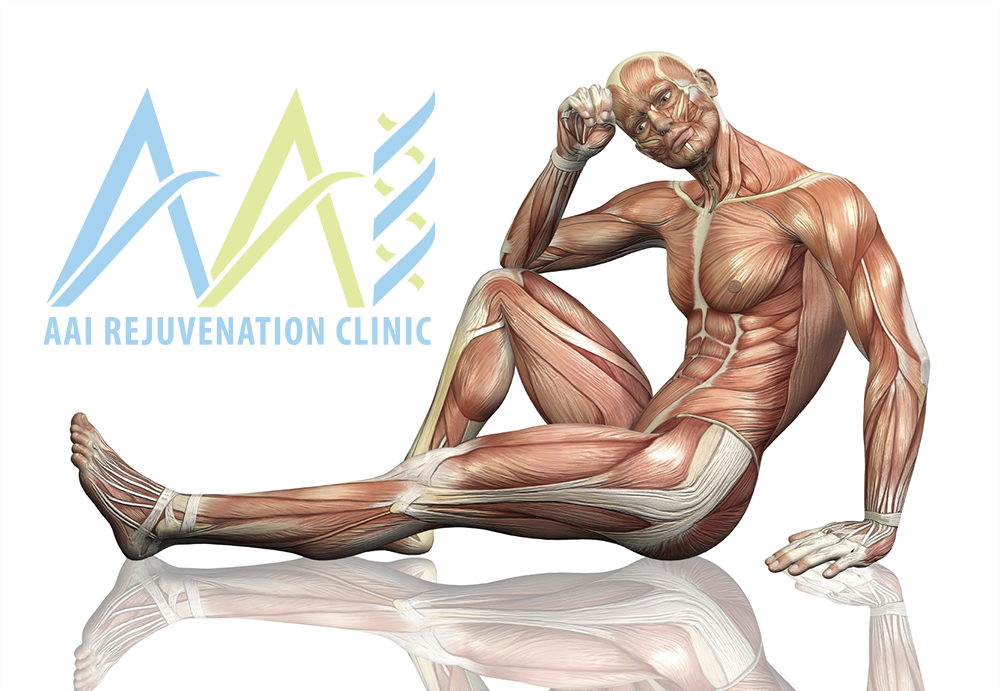
Some Usual Muscle Disorders
~ Skeletal Muscle Problems Cramps, tumors, muscular dystrophy, tears, strain, sprains
~ Smooth Muscle Problem Amyotrophic Lateral Sclerosis (Lou Gehrig’s Disease), tumors, multiple sclerosis, Huntington’s disease
~ Cardiac Muscle Problems Cardiomyopathy: can be extrinsic – caused by a symptom outside of the heart that caused the muscle to weaken or intrinsic – the weakening of the muscle itself.
Preventing Disorders of the Muscular System
As with most health-related circumstances, lifestyle choices such as diet, exercise, smoking, drinking, and the use of illicit drugs greatly impact the potentiality of developing a muscular system disorder. Your lifestyle can prevent you from having healthy muscles if you are not conscious of your daily selections. Our muscular system covers the expense of our entire body, so one’s care for one’s overall health can positively affect the different tissues of the muscular system and further prevent any disorders from surfacing in the future.
Best Foods for Improving Your Muscle Development
Nutrition is just as important for maintaining healthy and strengthening muscles as it is for preventing muscle disorders. It is important to fully hydrate and nourish your body before and after physical exercise.
Fueling your muscles with proper nutrition can build your endurance and decrease your recovery time, allowing you to exercise longer and more frequently to increase your fitness level. Let us look at some of the best foods to blend up in a delicious smoothie to help you achieve your goal of healthier, stronger, more rigid, and lean muscles:
- Collard greens, turnip greens, mustard greens, spinach, and kale All contain calcium and vitamin K, encouraging skeletal muscle development and reducing fatigue.
- Swiss chard, lima beans, sweet potato, spinach, and papaya Contain potassium, an essential electrolyte known to regulate the body’s hydration levels and prevent muscle cramps and spasms.
- Spinach, blueberries, cherries, and almonds contain flavonoids and antioxidants, which reduce inflammation in the body. This is especially helpful with sprained muscles that swell and ache as they repair.
- Walnuts, avocado, olive oil, flax seed, Chia seeds, and hemp seeds All contain omega-3 fatty acids that lower levels of artery-clogging triglycerides in the blood. This is especially helpful in preventing cardiomyopathy. Omega 3’s have also been shown to improve overall brain health, which may reduce one’s risk of developing neuromuscular conditions.
If you have any questions about this article or wish to discuss your testosterone or other hormone levels, please fill out our Medical History Form, and you will be contacted within 24 hours. Remember, your testosterone levels are significant to the overall health of your muscles. If your testosterone is not right, your muscles will not be right. You can reach us more quickly if you call us directly: (866) 224-5698
**NOTE** The content in this blog is subject to interpretation and is the opinion of the content writer. We do not claim it to be fact. We encourage you to consult a medical doctor before taking any prescribed medications or supplements.
Conclusion
Supporting Hormones health is essential for overall well-being and vitality. By incorporating regular exercise, proper nutrition, adequate sleep, stress management techniques, and IV therapy, you can help maintain optimal testosterone levels and lead a healthy, balanced life. Always consult a healthcare professional before making significant changes to your lifestyle or starting any new treatments to ensure they suit your needs.
At AAI Rejuvenation Clinic, we advise anyone to think seriously about beginning Hormone treatment if there is no medical need for it. However, we will take every precaution to ensure that you read your program’s positive benefits by providing the latest at-home hormonal mouth-swab testing to ensure we are continually monitoring your progress and aware of any adverse side effects. Fill out the Medical History Form, or if you need more information, call us at (866) 224-5698 or (866) AAI-Low-T.
Low Hormone Symptoms
- Motivation
- Sex Drive and Desire
- Depression
- Fatigue
- Erectile Dysfunction
- Cholesterol
- Low Energy
- Memory Loss
- Osteoporosis
- Wounds & Illness
- Muscle Mass
- Sleep Disturbances
- Thyroid Dysfunction
- Weight Gain
]]>



